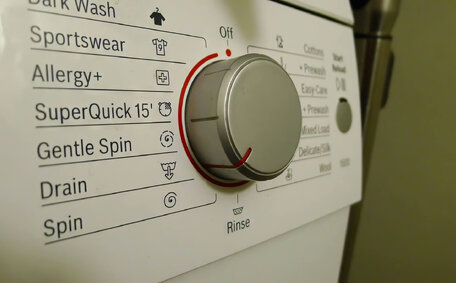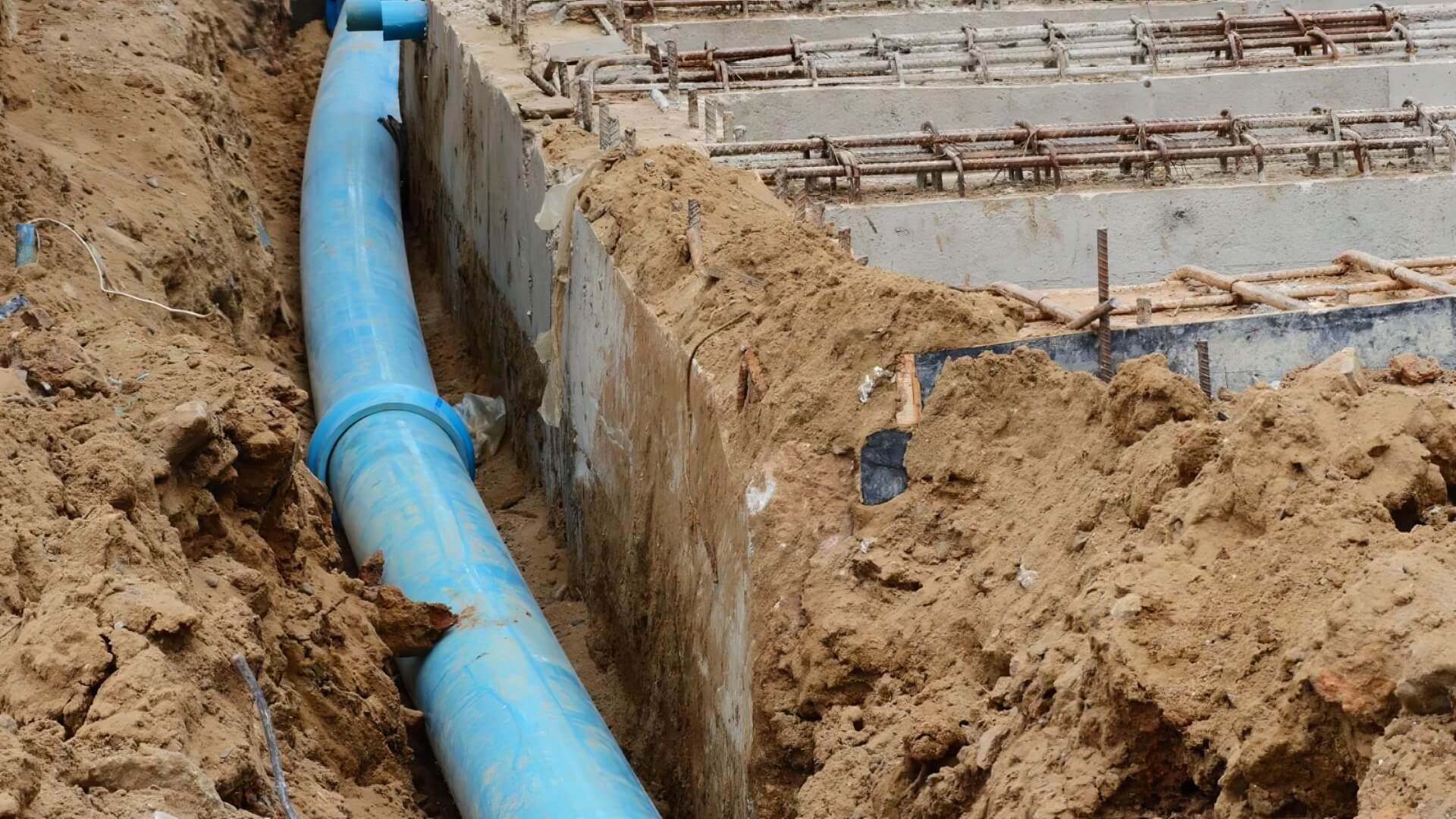Introduction to baking soda and vinegar
Vinegar and baking soda are commonly paired for cleaning, sparking a vigorous reaction that releases significant carbon dioxide gas. These chemical reactions cause fizzing and may give the impression of possessing exceptional cleaning power.
Despite this, comprehending their individual and combined qualities uncovers practical applications for each substance. The fizzing effect is visually appealing but does not necessarily improve cleaning ability. There are also some safety concerns to consider with this mixture.
In this article by St Mary’s Plumbing professionals, we’ll expound on the unique behaviours of baking soda and vinegar. We’ll explore their function as individual cleaning agents, their reaction when mixed, appropriate uses, common misconceptions, and alternative cleaning methods.
The chemical reaction between baking soda and vinegar
When these two ingredients, baking soda (sodium bicarbonate) and vinegar (acetic acid), are combined, a chemical reaction occurs producing carbon dioxide gas. This is the chemical equation for combining baking soda and vinegar in equal measures:
Sodium Bicarbonate + Acetic Acid -> Carbon Dioxide + Water + Sodium Acetate
When mixed, baking soda and vinegar react to form carbonic acid. This carbonic acid instantly breaks down into carbon dioxide and water. Simultaneously, the acetic acid and baking soda yield sodium acetate.
Consequently, the fizzing effect from mixing baking soda and vinegar stems from the swift release of carbon dioxide gas. The ingredients essentially cancel each other out, leaving behind water, a mild sodium acetate solution, and carbon dioxide that provides no real cleaning benefit.
Although this may seem impressively powerful, it does not significantly improve cleaning.
So in summary, when you combine two incredible ingredients like baking soda and vinegar, it makes your cleaning routine more intriguing, but it does not boost cleaning properties as commonly believed.
The reaction happens quickly and then stops, without providing ongoing cleaning power.
The cleaning power of baking soda
Separately, baking soda is a flexible cleaner, offering mild abrasive properties, neutralising and deodorising capabilities. Here are areas where baking soda proves to be an effective cleaner:
- As a gentle scouring powder for surfaces - Sprinkle baking soda onto surfaces to act as a mild abrasive, lifting dirt, grease, and grime in kitchens and bathrooms.
- To deodorise fridges, carpets, upholstery - A mere two tablespoons of baking soda can absorb and neutralise odours, leaving behind a fresh scent.
- In your laundry wash cycle to boost detergent - Incorporating baking soda into your laundry enhances the cleaning process, utilising its high pH levels to tackle stains and odours.
- To unclog your drain - When confronted with tough clogs, Combine baking soda and vinegar for a reactive solution that tackles tough clogs. The fizzing action baking soda vinegar can introduce helps to effectively release the clog.
- As a tub/tile scrub - Create a potent vinegar baking soda mixture, then apply it to scrub away soap scum and mildew.
Baking soda, when used correctly, is abrasive enough to lift oven dirt while being gentle for regular use. Test patches first, as you should never use baking soda on granite or marble which can be damaged by its slight acidity.
The cleaning power of vinegar
Vinegar’s cleaning efficacy hinges on its acetic acid content, which is vital to understand for natural cleaning. Here are some key ways vinegar can be utilised for cleaning around your home:
- Dissolving mineral deposits and hard water stains - The acidity in vinegar breaks down lime and calcium buildup.
- Cutting through grease and grime - Using vinegar can help lift dirt while its antimicrobial properties kill bacteria.
- Cleaning windows and glass - Baking soda water can be mixed with vinegar for streak-free results.
- Disinfecting surfaces - White distilled vinegar kills 99% of bacteria and germs.
- Deodorising smells - Pure vinegar absorbs odours instead of masking them.
However, vinegar should not be used on stone surfaces or some metals. Test first before using as it can cause etching and corrosion. Its acidity can also irritate skin and eyes, so handle carefully and rinse any spills promptly.
Tip: Fill a spray bottle with diluted distilled white vinegar to easily dispense on surfaces. Undiluted vinegar may damage surfaces.
Overall, vinegar is a versatile, economical and environmentally-friendly cleaning solution for many areas of your home when used appropriately.
Using baking soda and vinegar together for cleaning
While baking soda and vinegar can collaborate on specific cleaning tasks, their limitations must be acknowledged.
Some appropriate uses for baking soda and vinegar together include:
- To sanitise your toilet bowl, apply a mixture of half a cup of vinegar and baking soda, then moisten with a spritz of vinegar and add extra baking soda as needed.
- For deodorising sinks and drains, pour one cup of baking soda followed by one cup of vinegar, initiating a reaction that neutralises odours.
- Removing soap scum - Form a paste baking soda and vinegar to cleanse your shower head and scrub tile and shower grout, using baking soda’s gritty texture to combat grime.
However, for most cleaning jobs around the home, using baking soda and vinegar together provides no real advantage over using them separately. The fizzing reaction is short-lived and doesn’t boost ongoing cleaning power.
This mix can dislodge dirt but then neutralises, offering minimal cleaning action.
For optimal cleaning, consider using other products like bleach, hydrogen peroxide, or detergents, alongside or instead of baking soda and vinegar.
Alternative natural cleaning solutions
Beyond baking soda and vinegar, other plant-based products serve as effective natural cleaners, both individually and in combination with these substances:
Lemon Juice
The acidity in lemon juice helps dissolve mineral deposits, bleach stains, and cut through grease. Combine lemon juice with baking soda and boiling water to amplify cleaning power, or use neat lemon juice then rinse thoroughly.
Hydrogen Peroxide
Hydrogen peroxide can also be used as an effective alternative to traditional cleaning agents. It disinfects surfaces and whitens clothes without harsh fumes. When combined with baking soda, it makes a strong paste to scrub tile.
Table Salt
Salt’s coarse granules make an effective abrasive cleanser for kitchenware, easily tackling baked-on food residues. A scrubbing paste made from baking soda mixed with lemon juice or vinegar can be powerful against stubborn dirt.
Essential Oils
Oils like tea tree, eucalyptus and peppermint not only smell wonderful but have antimicrobial properties. Just a few drops mixed into a cleaner boost the power of vinegar, hydrogen peroxide or detergents.
Exploring different natural cleaner combinations and soaking times can offer effective solutions to persistent grime and stains. Always spot test natural cleaners first before applying them broadly.
St Marys Plumbing is committed to offering greener, more environmentally-respectful cleaning alternatives. Contact us at email for updates, offers, and information on how we can help.
When to call a professional plumber
While baking soda, vinegar and other household ingredients can be effective for minor cleaning jobs, there are times when it’s best to call in a professional plumber.
Signs you may need professional drain cleaning services include:
- Completely clogged drains that DIY solutions can’t resolve require professional intervention.
- Sewer line issues like tree root invasion or pipe damage
- Bad odours coming from drains, suggesting sewer gas buildup
- Leaking pipes causing water spots on walls or ceilings
- Dripping or running taps
- No hot water
Our licensed technicians at St Marys Plumbing not only bring expertise but also use advanced equipment to address blockages, sewer problems, leaks, and other plumbing emergencies.
Clients over the age of 16 who sign up and agree to our terms and privacy policy can benefit from sophisticated methods such as hydro-jetting, drain augers, and pipe inspections. And we diagnose issues to repair damage and prevent future problems.
For emergency services or regular maintenance, get in touch by email or phone us at 1300 349 338. With over a decade of service to the St Marys community, our team is on standby around the clock to assist.
Act promptly before small problems escalate. For any plumbing issues or inquiries on baking soda and vinegar’s viability, contact the seasoned professionals at St Marys Plumbing.






